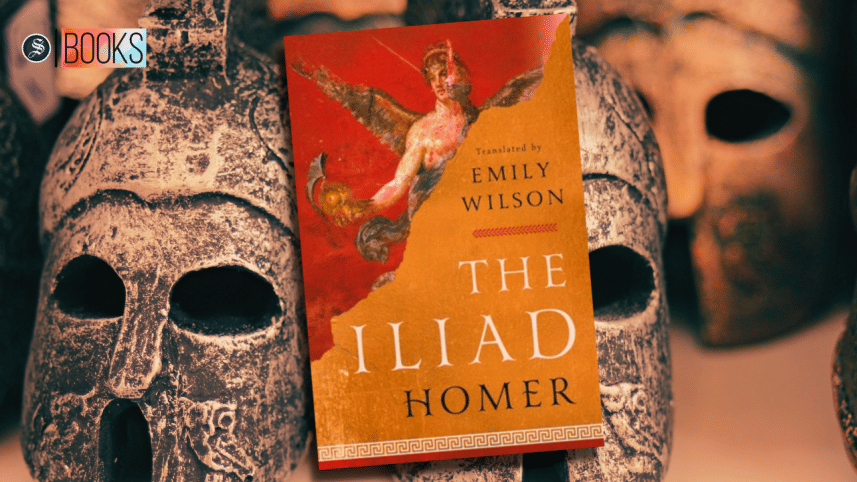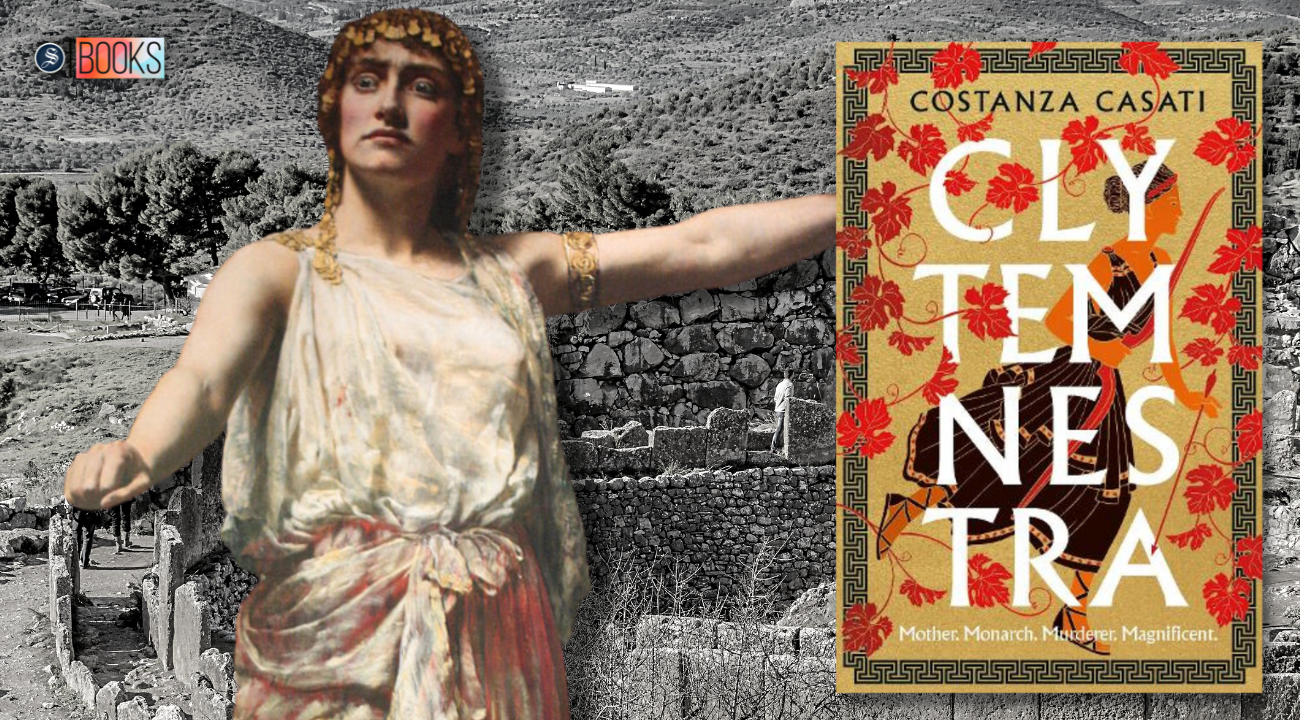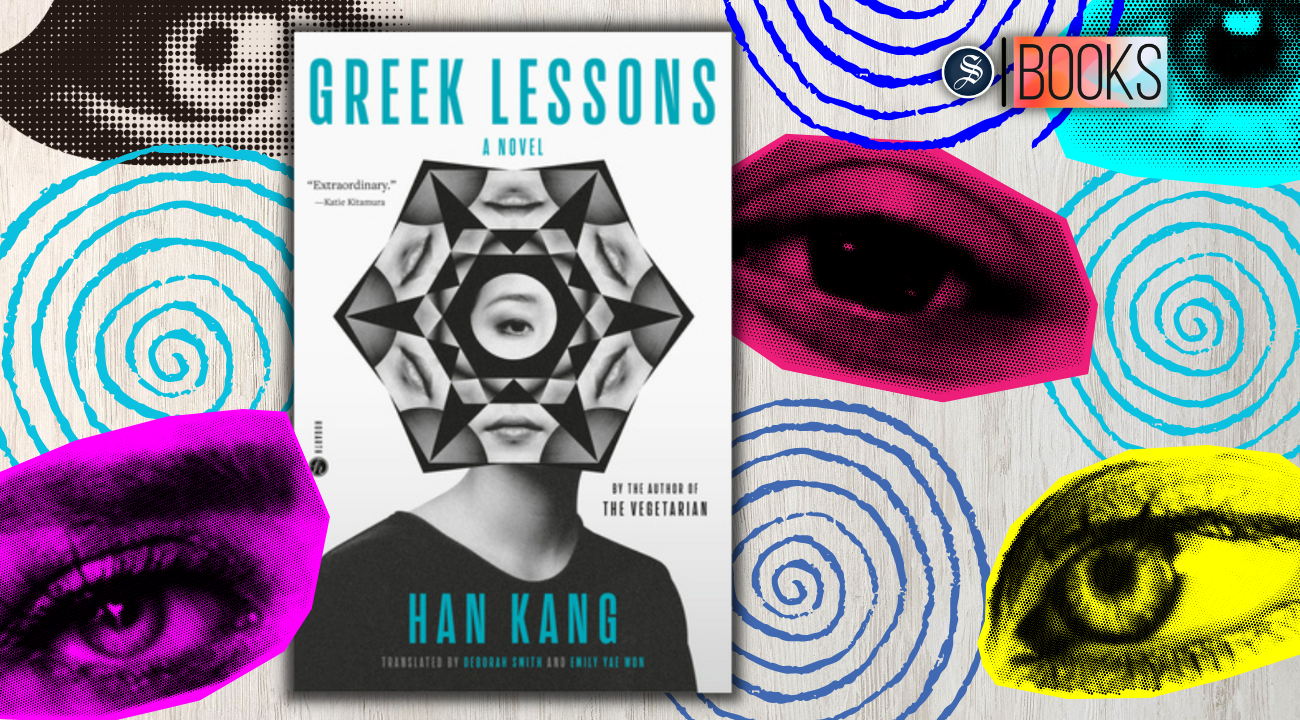Emily Wilson’s ‘The Iliad’ is a triumph in translation

When Emily Wilson first published her translation of The Odyssey (W. W. Norton Company) in 2017, she made quite the uproar—not only because of her simple and direct translation of the majestic epic, but more so for being the first female translator to render this Homeric epic in English. Wilson has been explicit about her purpose in translating the classics—she isn't concerned about showing The Iliad or The Odyssey from the gaze of women; instead, her ambition has been to render the Homeric Greek text into a lean, accessible, and Anglophonic metrical verse for the modern reader. Wilson is extraordinarily successful in that regard, and perhaps more so in her recent translation of The Iliad (W. W. Norton & Company, 2023).
The Iliad celebrates male achievement, male honour, and male violence; the voices and perspectives of women in the poem are less than marginal, which says more than enough about how lowly the lives of women were in the days of Homer. However, Wilson hasn't written a retelling from the perspectives of the subjugated but has rather been true to the original, although she doesn't shy away from acknowledging the sheer misogyny of the Homeric period.
In her Introduction to the text, Wilson boldly calls the glory-bound Achilles an enslaving rapist because, along with being the mightiest hero of his day and the wielder of cataclysmic wrath, he is also an enslaving rapist who has a great appetite for selling the men he captures as slaves and owning captured women as his property. After all, these glorious heroes of war were not patron saints nor objectively moral beings. In those days, when enslaving and owning women meant higher social status and more glory, these heroes gave their all in gaining and keeping their place at the zenith of the social milieu—if that meant raping countless women and enslaving countless men, they were more than eager to do it.
Wilson prudently points out that literary translators should not grind the beef, pork, and lamb of their originals into an unidentifiable hot dog. Instead, the distinctive stylistic features of each original should remain distinct in the translation. With her lean iambic pentameter and sparkling English, Wilson is triumphant in putting forth a translation which oozes the emotions of the original, making it as vivid, dramatic, life-like, and above all, as lucid as any other previous translations, if not more. Though her translation lacks the majestic voice of Fagles, hers is a modern rendition for modern readers with less pomp and more directness and accessibility.
Wilson doesn't use archaic or unidiomatic English to imply a sense of grandeur and powerful pomp, rather, more simple terms, rendering her translation as simple and unambiguous as possible. Her verse is agile, and at the same time, arresting and readily intelligible. As intended, it lets readers experience the intense, relentless din of clashing metal and falling flesh as it muses on the question of mortality and the desire to be imperishable even after perishing. They experience the poem's intense emotions: rage, grief, and horror in the most ebullient way.
We're all "minunthadios"—short-lived, as are the mighty Achilles and Hector. The maxim of mortality applies to us all the same and there is no adequate recompense for the terrible, inevitable loss of life, and the heroes too have to take residence in Hades' pit one day. The Iliad incessantly reminds us of the frailty of human lives, and Wilson's rendition is one of the most accessible ones in delivering that message. She reminds us that no material construction, however monumental, can preserve memory across generations; only words, not walls, can build a lasting memorial for the dead.
Stephen Fry, in his beautiful retelling of the Trojan war, Troy: The Siege of Troy Retold (Michael Joseph, 2020), laments on the fall of Troy, the jewel of the Aegean. When she fell, a hole opened in the human world that may never be filled, save in memory as poets sang the story over and over again, passing it from generation to generation, lest in losing Troy we lose a part of ourselves. Wilson does exactly that—singing the song of love, honour, wisdom, kindness, forgiveness, sacrifice, human greatness, and vulnerability for all ages.
Classicists down the generations will make more and more translations of this foundational epic of the western canon, but Wilson's translation will remain as one of the most authentic yet inventive voices of the Homeric saga.
It can be duly said that Wilson made Homer modern, and perhaps a few will exasperatedly squint because they wish to associate Homer with pomp, grandiosity, and nostalgic affection towards Fagles and Fitzgerald. Perhaps a few will squint in distaste because Wilson's translation is supposedly woke, but why shouldn't we ravenously relish in this beautiful rendition of the timeless epic of love, loss, and longing; of ache, agony, and anguish; of reprisal, revenge, retribution; and of destiny, doom, and death?
Najmus Sakib studies Linguistics at the University of Dhaka. Reach him on X at @sakib221b.



 For all latest news, follow The Daily Star's Google News channel.
For all latest news, follow The Daily Star's Google News channel. 


Comments